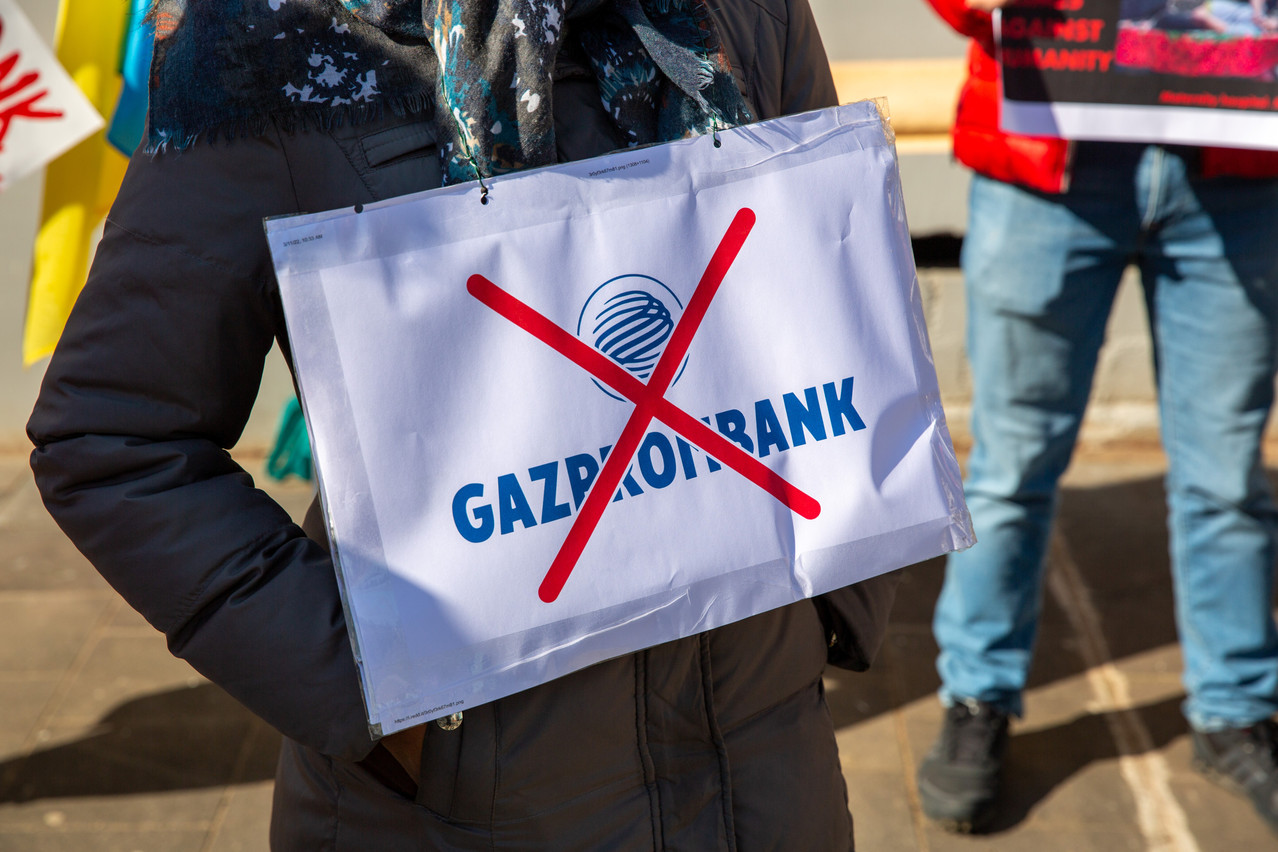Had the US Treasury forgotten to put Gazprombank's global ecosystem on the list of entities deemed personæ non gratæ? Not at all. Before sanctioning a host of entities, all 100% Gazprom subsidiaries--GPB International in Luxembourg, but also GPB Financial Services Hong Kong Limited, GPB Financial Services Limited and GPB-DI Holdings Limited, based in Cyprus, Gazprombank (Switzerland) Ltd, based in Switzerland, and GPB Africa and Middle East Pty Ltd, based in South Africa--the US administration waited until Europeans, in particular Austria, Hungary and Slovakia, no longer needed the bank to continue buying Russian gas (in roubles), despite the invasion of Ukraine.
"On 1 January, a major contract governing the transit of Russian gas through Ukraine will come to an end, with significant consequences for the rest of Russian gas exports to certain European Union countries", according the Bruegel Institute, a thinktank in Brussels. The remainder of the contract, the institute points out, amounts to "50% of exports to the European Union via this pipeline and a third of total Russian gas exports, including liquefied gas", which means losses of $6.5bn a year for Russia - even if this gas was paid for in roubles via Gazprom's bank - unless it manages to sell it via its other pipelines.
The EU had not planned to totally cut off Russian gas imports until 2027, a decision taken in 2022 to ensure that the countries closest to Russia would not be deprived of fuel for heating, but also, from a geopolitical point of view, to prevent the pipeline in question from being irreparably destroyed by Russia and putting a definitive end to any deliveries of Russian gas once the war was over. What's more, Ukraine received transit fees for Russian gas through its territory equivalent to $1.2bn dollars in 2022 and $0.8bn in 2023, or 0.5% of Ukrainian GDP.
But the story is not quite over yet: Ukraine could replace Russian gas in its pipeline with gas from Azerbaijan. Europe, quite comfortable with the idea, would buy Azeri gas, while Azerbaijan would buy Russian gas, since the country is not affected by international sanctions and can therefore do as it pleases.
Azerbaijan, which has just hosted Cop29 global climate change conference, but once again failed to deliver on its promises, would like to supply Europe with all the gas it needs, but its production capacity is below the needs of all parties. From 44bn cubic metres in 2023 (up 3.5%), its production was 41.5bn as of this momth and exports went from 22bn cubic metres (+9.5%) to Europe to 20.7bn to date, a figure that includes a volume of 10.6bn to Europe, 8.2bn to Turkey and 1.9bn to Georgia, according to published by the Ministry of Energy of the Republic of Azerbaijan.
Apart from the hypocrisy, Russia would have the same level of control over the gas supplied to Europeans, since Moscow would only have to turn off the tap in Baku for Baku to be unable to supply its customers. But this is the option that is emerging. Among the many channels for reselling rebranded Russian gas.
The Americans have also placed around fifty Russian banks on their sanctions list, as well as leading figures at the Russian Central Bank and those who organise the Brics payment system, Russia’s System for the Transfer of Financial Messages (commonly known by its Russian acronym, SPFS, short for Sistema Peredachi Finansovykh Soobshcheniy), to which around twenty countries have been connected since the summer.
Read the original French-language version of this news report /
